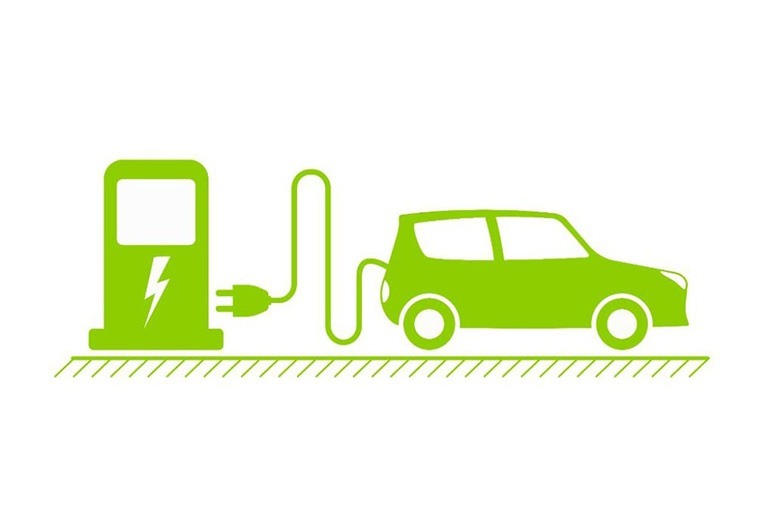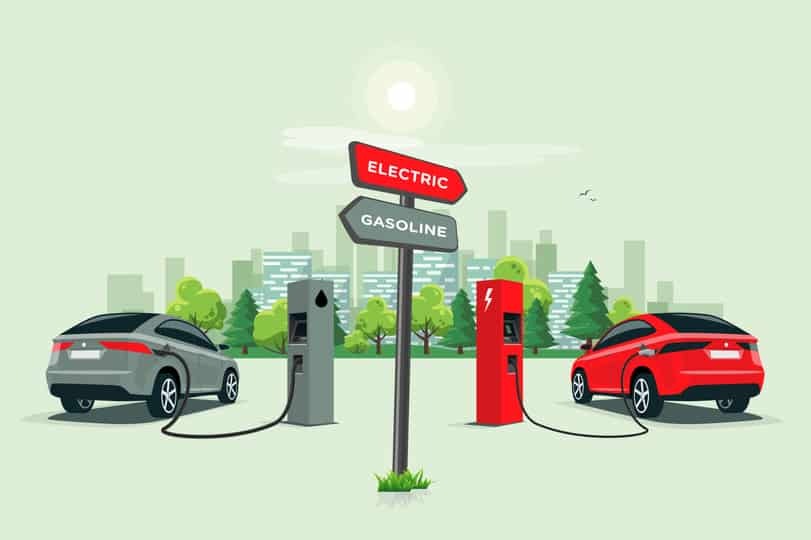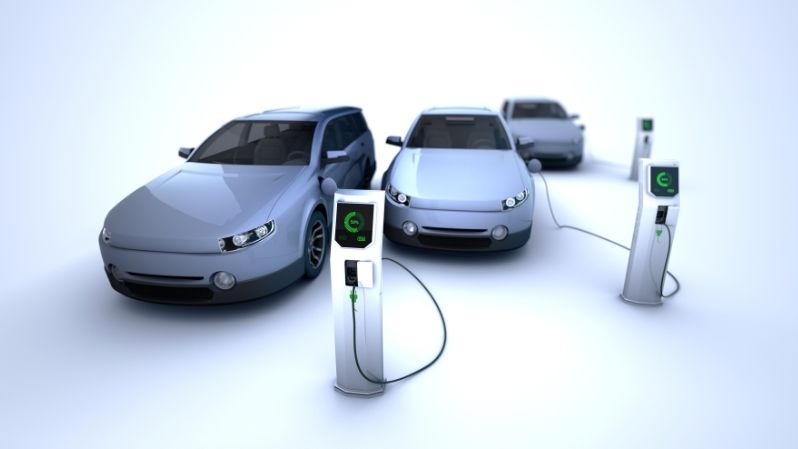UK electric car sales stall, urging VAT reduction

Despite the government’s aim to eliminate petrol, diesel, and hybrid vehicles by 2035, the expansion of electric vehicles remains stagnant.
While there has been an almost 18% increase in the registration of new cars in the UK, demand for electric vehicles remains stagnant. This has led the industry to advocate for a VAT cut as a measure to stimulate sales.
On Friday, the Society of Motor Manufacturers and Traders (SMMT) released annual figures indicating that 1.9 million new cars were registered last year. This marks a significant increase from the previous year’s figure of 1.6 million and represents the highest level since the 2.3 million registrations in 2019.
The rise provides a lift for the automotive sector following disruptions caused by the pandemic, including supply chain issues and a shortage of crucial computer chips that hindered production.
Throughout the year, 315,000 new battery electric vehicles were sold, marking an increase of 50,000 compared to 2022. However, their share of total registrations did not grow as anticipated, accounting for just 16.5%, slightly lower than last year’s 16.6%.
The subdued expansion in the electric vehicle market occurs despite the government’s objective to completely eliminate petrol, diesel, and hybrid vehicles by 2035. However, this target was revised by Rishi Sunak in September from the initial goal of 2030. The transition is backed by the zero emissions vehicle (ZEV) mandate, mandating that 22% of all vehicles produced by carmakers must be ZEVs by the beginning of next year, increasing to 80% by 2030.
Following the recent data indicating that the sector is significantly below the target and facing a slowdown in the transition, the SMMT is urging the government to reduce VAT by half on all new zero-emission vehicle (ZEV) acquisitions over the next three years. The proposal, amounting to an average of £4,000 per purchase, is estimated to result in a collective savings of £7.7 billion for consumers over the specified period. Additionally, it is anticipated to contribute to an additional 250,000 ZEVs on the roads by 2026.

Mike Hawes, the Chief Executive of SMMT, commented, “The government has set an ambitious timeline for the UK automotive sector’s transition and is making investments to establish us as a significant producer of electric vehicles. Now, it needs to assist all drivers in embracing this future by providing consumer incentives that will position the UK as the foremost European market for zero-emission vehicles (ZEVs).”
The surge in total registrations was primarily fueled by registrations for fleet deliveries, particularly for the car leasing market, reaching just over 1 million and marking a 38.7% increase from the previous year.
Hybrid electric vehicles saw an increase in sales, reaching 380,000 throughout the year, constituting 20% of all newly registered vehicles.
Superminis, encompassing small hatchbacks like the Ford Fiesta and Vauxhall Corsa, maintained their status as the most popular category of car in the country, comprising nearly 30% of all new vehicles.
Hawes expressed his belief that the reduction in VAT on new zero-emission vehicles (ZEVs) would represent a significant measure to reenergize electric vehicle sales. In 2022, the government discontinued its last financial incentive for private electric vehicle buyers by ending grants of up to £1,500 for new purchases.
Hawes stated, “We believed that the removal of previous consumer support for EV uptake was premature. After the initial adopters, who are inclined to purchase an EV, the challenge lies in reaching the second wave of individuals, transitioning to the mass market, especially those who may be more hesitant. They are the ones who will benefit from such support.”
We believe that a VAT reduction is the appropriate form of support to provide. It is time-limited, fitting for the situation, and achieves the desired environmental outcomes for both consumers and the government.
A spokesperson from the government stated, In order to accelerate the transition to electric vehicles in the UK, we have allocated over £2 billion to reduce purchase costs for drivers and develop the essential infrastructure to facilitate their use. This includes funding for local electric vehicle infrastructure, targeted grants for plug-in vehicles, and reduced first-year vehicle excise duty.



